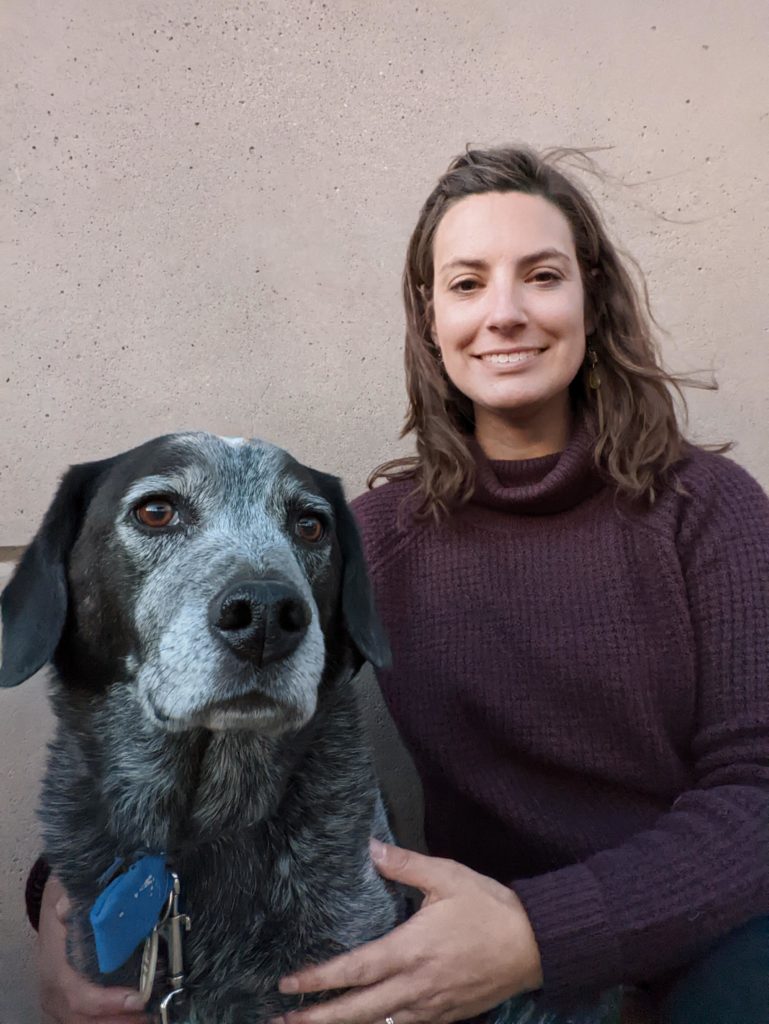We’re almost to the end of the long haul of gaining regulation of veterinary technicians in the state. The bill was voted on and passed in the senate the first week of May. This means that it is in the final stage: waiting to be signed by the governor! Effective January 1st, 2023, veterinary technicians in Colorado will be included in the veterinary practice act and must be credentialed by a board-approved credentialing entity to be eligible for registration. You can find the full timeline of Legislative updates on CACVT’s webpage and read the updated HB22-1235 bill.

So what happens next? With regulation upon us beginning in 2023, there are a lot of good questions rolling around: Who will oversee the registration of veterinary technicians, What alternate pathways will be available for those who are not already certified, and how much will registration cost? Let’s see if we can provide more insight.
Q. Who will be the board-approved credentialing entity?
A. Ultimately, the State Board of Veterinary Medicine will be the governing body for registered veterinary technicians. However, the statute calls for a 2-part process;
1.) Being credentialed by a board-approved entity
2.) Registering with the state.
The qualification to register with the state is to be credentialed by a board-approved, nationally recognized credentialing entity. Registration details will be determined in DORA’s rulemaking process once the bill is signed and program development starts.
CACVT has been credentialing CVTs for over 25 years and maintains some of the highest credentialing requirements in the country. The hope is that CACVT will continue to be the credentialing entity for the state and is prepared to work diligently in the rulemaking process to ensure veterinary technicians are represented.
Q. What pathways will there be to become registered with the state? Will there still be an alternate pathway for those who have not completed an AVMA program and taken the VTNE?
A. The legislation outlines two experienced-based pathways available to those who are not yet certified but have been practicing as veterinary technicians in the state. These pathways offer a limited-time option meant to support the transition to regulation, expiring December 31, 2027. The different pathways that are currently being discussed are as follows.
- Attendance of an AVMA accredited school and passing the VTNE
- Obtaining at least 6,500 hours of work that is equivalent to the work performed by a veterinary technician and passing the VTNE
- Obtaining at least 9,000 hours of work that is equivalent to the work performed by a veterinary technician.
Q. How much will my certification/registration cost? Will it be more than the current fee I pay with CACVT?
A. Following the bill signing, DORA will create the registration program and decide upon registration fees. CACVT will work diligently to provide details on the costs associated with registration so veterinary technicians can be prepared.
Q. What would support staff who are not registered be called if we can not call them veterinary technicians?
A. For those individuals who choose not to become registered, they can still continue to work under the direction and supervision of a veterinarian. They will not, however, be able to use the title Veterinary Technician or Registered Veterinary Technician but are typically called a veterinary assistant.
The final details of what regulation will look like once the bill is made law are in the works. Know that CACVT will keep you up to date with the most current information on how the bill progresses. The goal of the bill is and always has been to support both the industry, its technicians, and its doctors.

Leslie is a CVT of 13 years, she is originally from Wisconsin where she received her Associates degree in Veterinary Technology from MATC and Bachelors degree in Animal Science from UW River Falls. She has a background in large animal medicine, research animal medicine, general practice and emergency/critical care. When not working for VSS, she volunteers for Denver Animal Shelter in their vet clinic, sits on the Board of Directors and the Advocacy Task Force for CACVT and is the Chair of the Wellbeing Task Force for NAVTA. Her passions include gaining title protection for CVT’s in the state of Colorado and helping fellow technicians have a work life balance. In her spare time, she enjoys horseback riding, hiking, backpacking, mountain biking, down hill skiing, and camping. She currently resides in Arvada where she shares her home with her husband, cats Artie and Theodore and 1 adventure dog Malcom.
